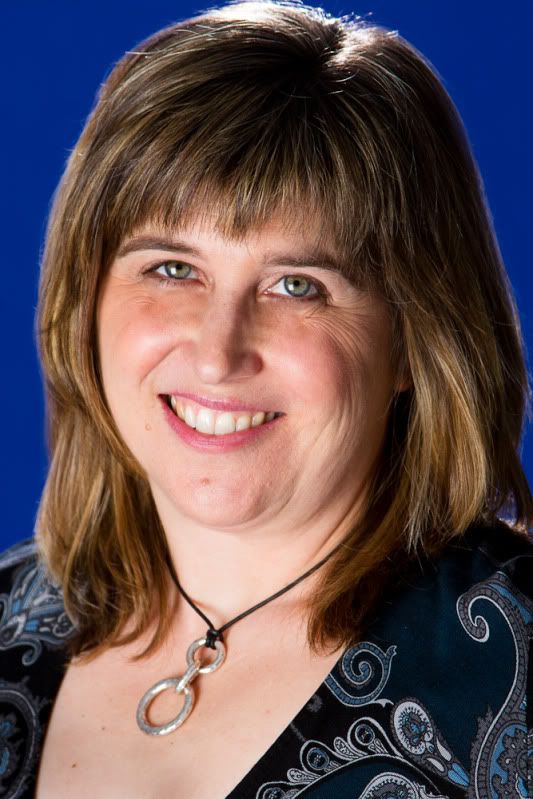3 ways Social Media will change health care
Dr. Susan Giurleo is an amazing woman whom I met initially via Third Tribe. I asked if she’d be willing to write her thoughts on how health care could more effectively use Social Media, and this is her response!
 Social media isn’t just for business, marketing or showing all your friends how cute your kids are. Social media has the power to change how we access and use health care. The Pew Internet Research Foundation found that over 80% of Americans search for health care information online. Many use information and suggestions offered by friends and family on Facebook and Twitter.
Social media isn’t just for business, marketing or showing all your friends how cute your kids are. Social media has the power to change how we access and use health care. The Pew Internet Research Foundation found that over 80% of Americans search for health care information online. Many use information and suggestions offered by friends and family on Facebook and Twitter.
Social media is changing how we find information, communicate and how we define “relationship.” Patients and health care providers can leverage social media to improve health outcomes and lower costs.
Here are just 3 ways I think social media will change health care:
1. Professionals will collaborate more on coordinated care. We know our current model of health care is fractured and takes place in isolated pockets. For example, primary care doctors often see signs of mental health issues first. Some decide to prescribe medication, some refer to a psychiatrist, others recommend therapy. But darned if they can find providers that can help their patients effectively and efficiently. Social media will change this as medical professionals become more comfortable and adept at communicating with one another via various platforms (some password protected) that allow them to communicate and refer to one another.
Also, health professionals themselves will learn to consult and collaborate on cases, share research information, and partners on treatment programs.
2. The stigma and isolation of illness will lessen. Current online patient advocacy sites such as Patients Like Me, WeGoHealth and E-Patients.net allow people suffering from physical and mental health issues to talk to one another. People can self-identify as someone suffering from a disorder and talk to others with similar experiences and issues about treatment protocols, coping skills and feel less alone, isolated and ashamed. This process of sharing online will most likely lead to more people seeking the help that they need, rather than suffer in silence.
3. Increased demand for high quality health care. There is an emerging movement of “e-patients” (defined as those patients who are ‘plugged in’ and research, advocate and communicate online) which will result in an empowered group of patients and clients. They will have access to research findings once only found in professional journals and will have knowledge of treatment trials worldwide (not to mention the option to participate in many of them from a distance). This will result in current and potential clients asking providers educated questions about their expertise, treatment philosophy and expected outcomes.
Many health care professionals feel ambivalent about this movement. We are used to being the “experts” and our patients being passive consumers of our expertise. The e-movement levels that playing field and health care partnerships will be the result. This will keep those of us who do effective work in business and those who offer subpar services unable to stay solvent.
Dr. Susan Giurleo is a licensed psychologist, business consultant and marketer for health care professionals who want to diversify their income streams and utilize online tools to provide services and market their practices. She teaches providers how to leverage social media to educate about health care while growing profitable practices.
This is post #65 in The Engagement Series. I am so happy to have made it this far in this series – with help from ladies like Deb Morello and Dr. Susan, how could I not make it??
Social media is playing a vital role in every field today.I think your suggested 5 ways definitely will be change health care.So really a fantastic article.
http://www.simplehealthguide.com/10-crucial-safety-guidelines-on-sleeping-pills